Renting your first home is an exciting milestone, but it can also feel overwhelming. Don’t worry – this Ultimate Guide to Renting will help you find the perfect rental and make the process smooth from start to finish. We’ll walk you through every step, from finding your new place to moving out when the time comes. Let’s get started!
How to Find Your Perfect Place
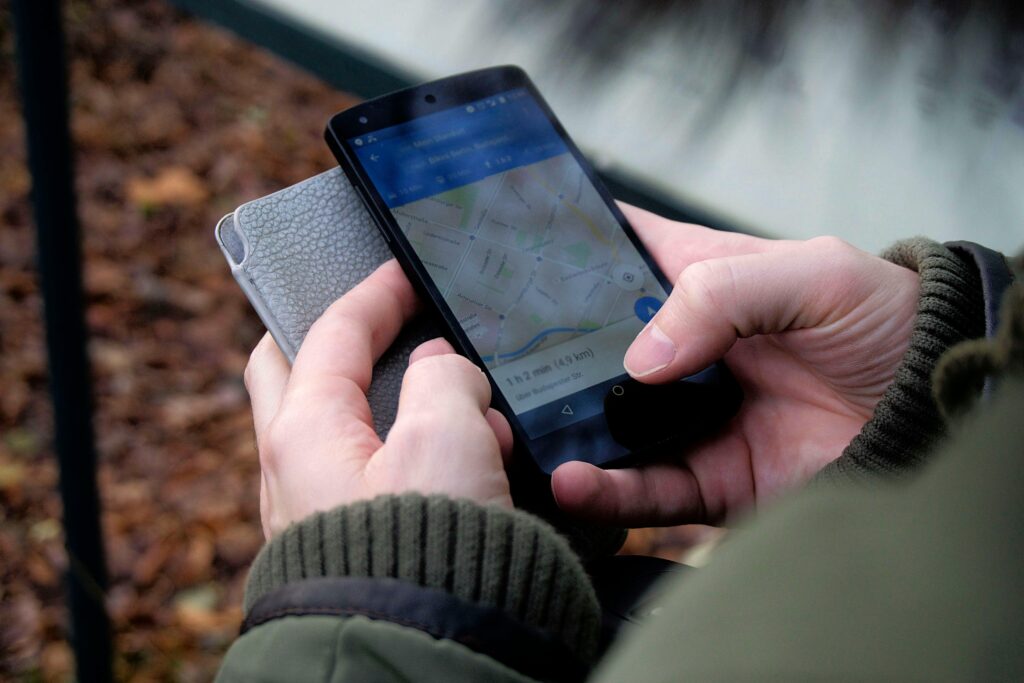
Location, Location, Location
The location of your rental is key. Do you want to be close to work, school, or grocery stores? Is living in a quiet neighborhood more important to you, or do you prefer a vibrant, urban area? Take the time to explore the neighborhood in person to get a true sense of what it’s like. Photos and descriptions online don’t always tell the whole story, so be sure to check things out firsthand.
Set Your Budget
Before you start looking at listings, decide on your budget. It’s important to know what you can comfortably afford, and this includes more than just rent. Be sure to factor in utilities, renters insurance, parking and any other potential costs like laundry fees. A good guideline is to spend no more than 30% of your monthly income on rent.
If you’re unsure about what you can afford, this video is a great resource:
What Do You Really Need?
Thank about what’s important to you in a rental. How many bedrooms and bathroom do you need? Do you want specific amenities, like a dishwasher or an in-unit washer and dryer? Make a list of your must-haves and nice-to-haves, so you can prioritize what matters most while keeping your budget in mind.
The Rent Search Process
Start your Search Online
Websites like Zillow, Apartments.com, and Rent.com are great places to begin your search. These sites give you a sense of what’s available in your price range. But remember, online photos can be misleading. It’s always best to see the property in person before making any decisions.
Once you find a place you like, reach out to the landlord or property manager to schedule a tour. The sooner you do this, the better – rentals can go quickly!
What to Look for During a Tour
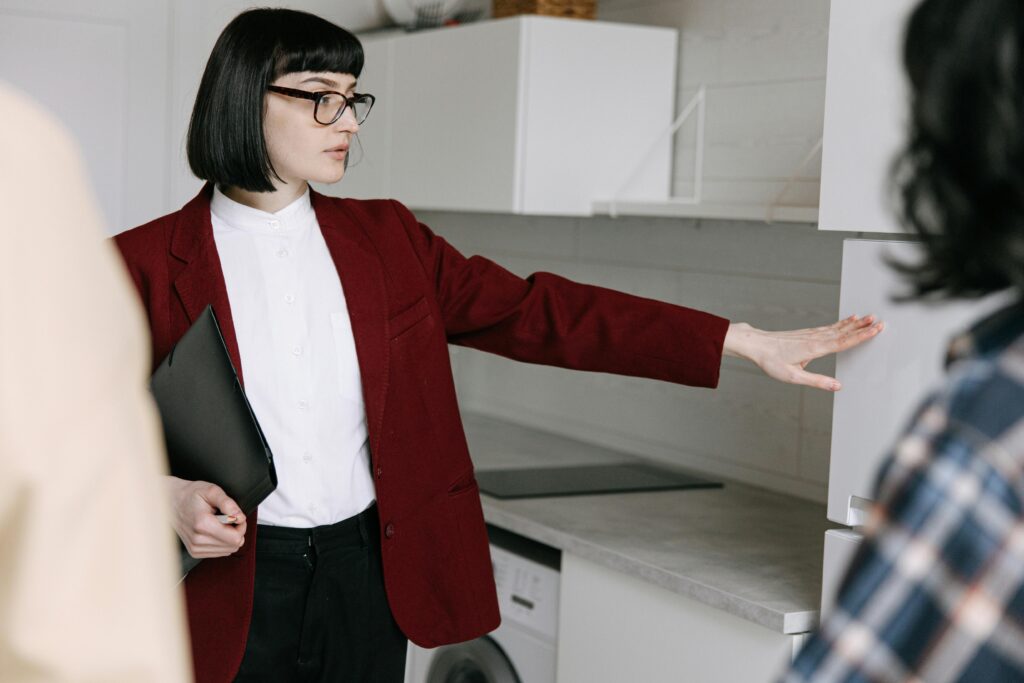
When you tour a rental, pay attention to the condition of the space. Are the appliances in good working order? Is the place clean and well-maintained? Check for noise levels – especially if you’re considering an apartment. Don’t hesitate to ask questions about the neighborhood or the building. A current tenant or the landlord can give you insight into what living there is really like.
Lease Agreements: Know What You’re Signing!
Understand the Lease Terms
Before you sign – actually read the lease all the way through! The last thing you want to do is commit to living somewhere without knowing all the rules and expectations. How long are you committing? What’s included in the rent? Is there a renewal option? Make sure you’re clear on everything to avoid surprisers later on!
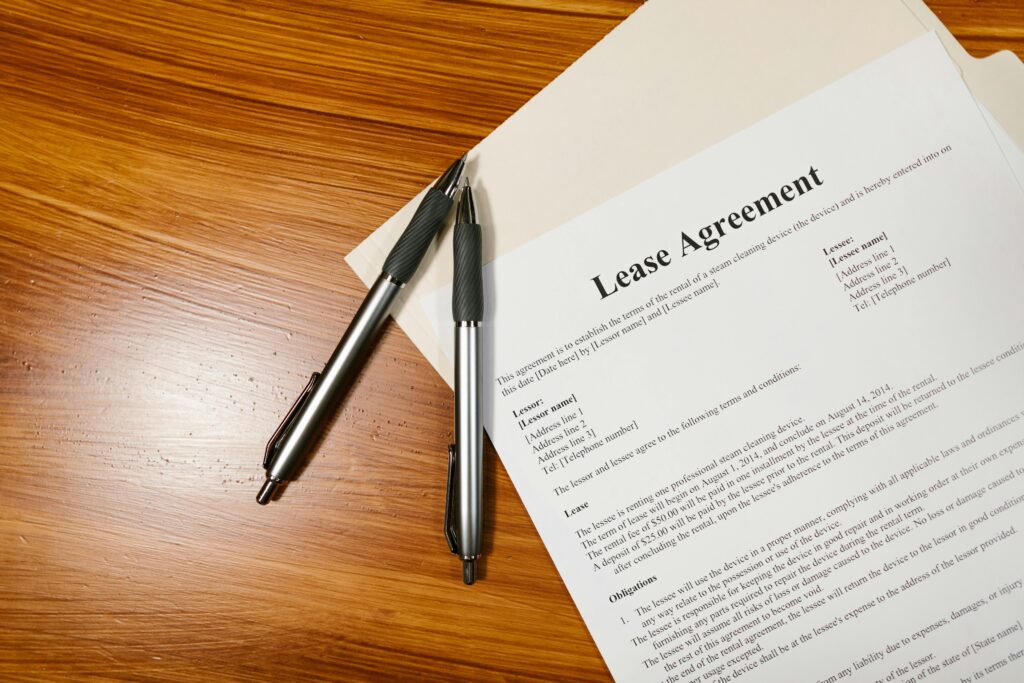
Security Deposits: What’s That Money For?
Most leases will require a security deposit, typically equal to one month’s rent. This is used to cover any damage that may occur during your tenancy. When you move out, you’ll get this deposit back – provided the place is in good condition.
Moving In: Getting Ready
Set Up Utilities
Before you move in, make sure you call your local utilities provider to set up water, electricity, and internet. You’ll also need renters insurance – this is often required by landlords, and it’s a smart move to protect your personal belongings.

Inspection Time
When you do move in, do an initial inspection with your landlord. Take note of any existing damage or issues and make sure they’re documented. This will protect you when it’s time to move out.
Living in Your Rental
Report Maintenance Issues Quickly
If something breaks or isn’t working properly, let your landlord know right away. The fast you report the issue, the quicker it will be resolved. Remember, you’re paying for maintenance as part of your rent, so don’t hesitate to reach out when something goes wrong.
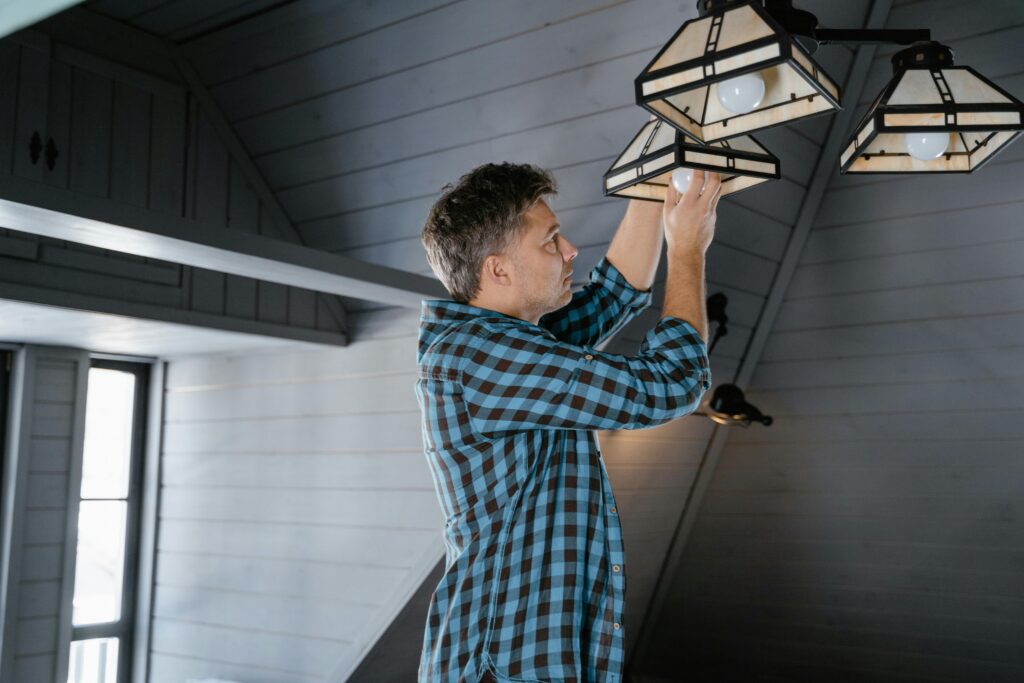
Keep Up with Rent Payments
To avoid late fees and potential issues, set up automatic payments for your rent. Keeping a record of payments is also a good idea for your peace of mind.
Maintain the Property
Keeping your rental clean and well-maintained not only makes it a pleasant place to live, but also helps ensure you get your security deposit back when you move out. Regular cleaning and keeping the space in good condition will make your landlord’s job easier – and future renters will appreciate it too.
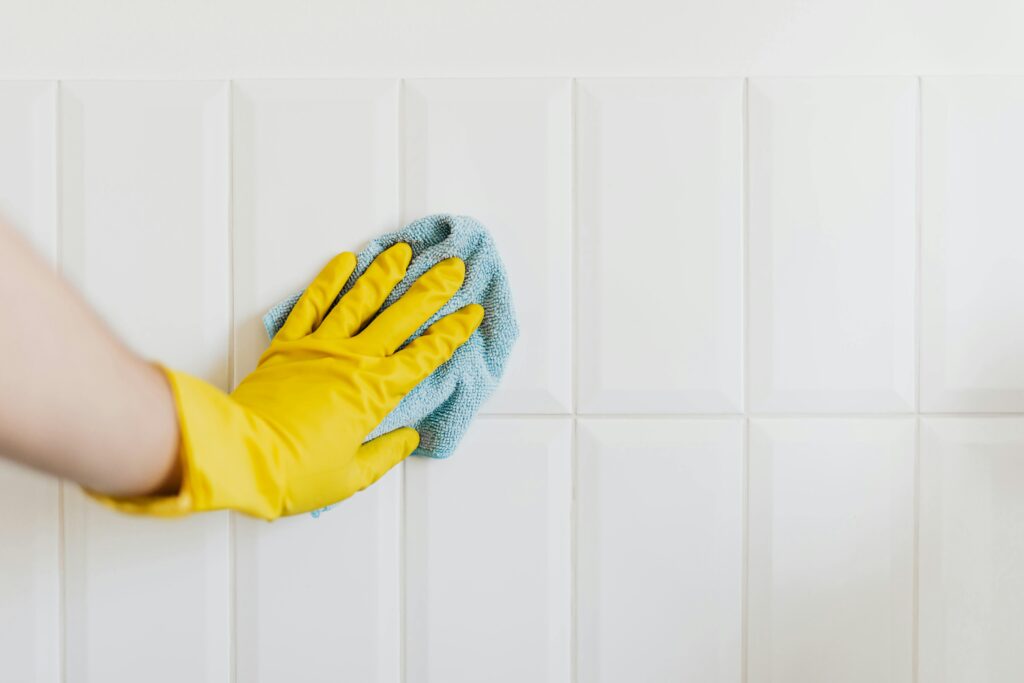
Moving Out: Time to Wrap It Up
Giving Notice: It Might Depend on the Type of Lease
When it’s time to move, you’ll need to give your landlord proper notice. The standard is typically 30 days, but this can vary depending on the type of lease you have – so make sure to review your lease agreement carefully to know the exact requirements for your situation.
For a deeper understanding of the different types of leases and how they may impact your move-out process, check out this article about the various leasing options:
Update Your Address
Don’t forget to set up mail forwarding with the post office and update your address with anyone who needs it. This ensures you won’t miss any important mail or deliveries. This is also the point to notify the utilities of your move, so they don’t charge you past the end of your lease!
You’ve Got This!
Renting for the first time can feel daunting, but with some preparation and the right mindset, you’ll find a place that works for you. The Ultimate Guide to Renting has provided all the information you need to navigate the rental process – from finding your perfect place to moving out. Take your time, stay organized, and don’t be afraid to ask questions. Happy renting!
Follow Along on My Journey!
Thanks for reading my Ultimate Guide to Renting! My goal is to give tips and tricks for first-time renters and buyers to make the process much smoother for them. Like what you read? Make sure to follow me on Instagram for more real estate advice!
Check Out my Other Articles!
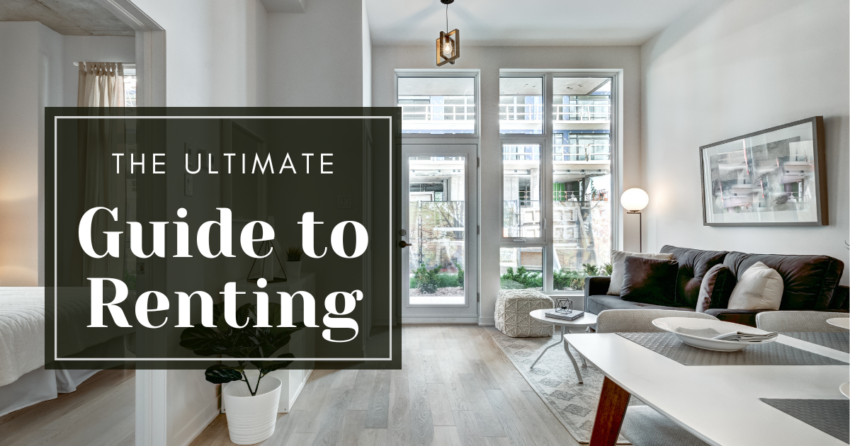
What happens if my place does not make me put down a security deposit, but when I move out asks me to pay for damages? Legally will I have to pay them or can I fight it and not pay?
Hi Faith! This is a great question, as normally the security deposit is used to cover any damages that occurred while under the tenants term. From my understanding, if the landlord can accurately prove the damages were caused by the tenant, the tenant has to pay for them, even if there was no security deposit. If the tenant refuses to pay for these damages, the landlord can take legal action.
This is great! The info, the layout, everything! Will definitely keep this info in mind.